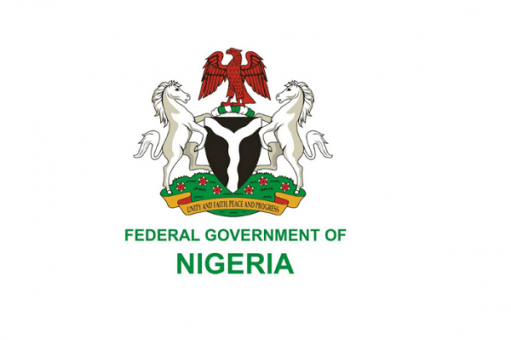
The Federal Government of Nigeria has announced a nine-month ultimatum for individuals holding U.S. dollars outside the banking system to deposit their cash without facing any penalties or scrutiny. This policy was revealed by the Finance Minister and Coordinating Minister of the Economy, Wale Edun, during a press briefing following the National Economic Council (NEC) meeting in Abuja on Thursday.
Minister Edun emphasized that the new initiative allows Nigerians to deposit dollar bills kept outside of formal financial institutions without incurring taxes or being questioned about the source of the funds. “There will be no penalty; there will be no taxes, and there will be no questions,” he assured the public.
Starting from October 31 and lasting for nine months, the program encourages individuals to bring their cash into the banking system, highlighting the risks associated with keeping large amounts of cash outside banks. Edun stated, “It is unsafe, it is unsecure, and it is outside of legal limits.” He stressed that participants should ensure their funds are not derived from illegal activities, emphasizing the need to meet standard ‘Know Your Customer’ (KYC) requirements set by banks.
This initiative aims to promote economic stability by making these dollars available for normal economic activities. The minister pointed out that this opportunity not only secures individuals’ assets but also integrates them into the formal economy.
Additionally, Edun noted that approximately 25 million Nigerians have benefitted from various federal social protection initiatives. These programs include digital outreach, microenterprise loans, and sector-specific support aimed at key areas such as power, agriculture, manufacturing, health, and compressed natural gas initiatives.
The government hopes that this policy will encourage compliance and foster trust in the banking system, while simultaneously addressing the challenges posed by unregulated cash holdings.





